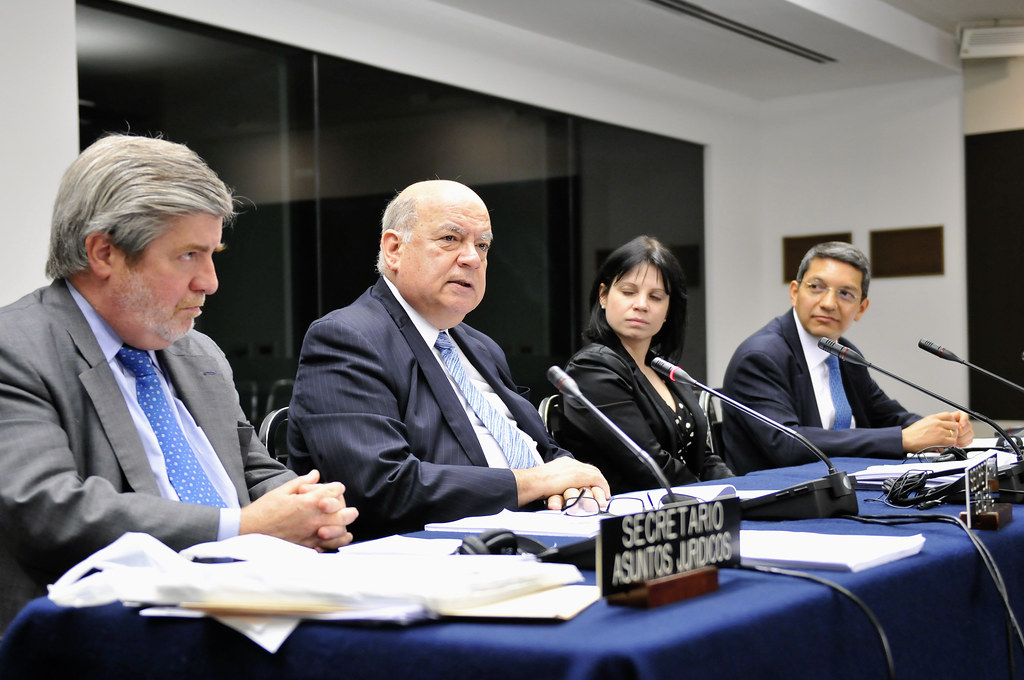Context:
The Expert Committee on developing the Gujarat International Finance Tech-City International Financial Services Centre (GIFT IFSC) as ‘Global Finance and Accounting Hub’ has submitted its report to Chairperson, International Financial Services Centre Authority, (IFSCA).
Key highlights:
- Committee chaired by the Institute of Chartered Accountants of India (ICAI) President, with experts from industry, academia, and government.
• The Panel’s recommendations
- Twelve major ones in all—include measures for enhancing the skills and competencies of the workforce, broad entry criteria for firms looking to offer services of bookkeeping, accounting, taxation and financial crimes compliance services.
- Only firms that are registered as a company or a Limited liability partnership should be allowed to offer these services. Any entity established overseas can open a branch in IFSC only if it does not have a presence in India, the Panel has recommended.
- The Expert Committee has recommended a comprehensive regulatory regime for undertaking bookkeeping, accounting, taxation and financial crimes compliance services from IFSC in India, which would create large employment opportunities for the talented workforce.
- Additionally, the Committee has also made several recommendations for the promotion and development of GIFT IFSC as a ‘Global Finance and Accounting Hub.
About GIFT IFSC
- The Gujarat International Finance Tec-City (GIFT City), also known as GIFT IFSC, stands for International Financial Services Centre.
- It is India’s first and only International Financial Services Centre (IFSC), established in April 2015 under Section 18 of the Special Economic Zones (SEZ) Act, 2005.
Function:
- Operates as a special economic zone (SEZ) with a focus on financial services.
• Aims to provide a world-class infrastructure and regulatory environment to attract:
- Domestic and international financial institutions.
- Investors seeking access to global financial markets.
Regulatory Framework:
- Governed by the International Financial Services Centres Authority (IFSCA), a unified regulator for all financial activities within the GIFT IFSC.
Benefits of Operating in an IFSC:
- Liberalized Regulatory Environment: Streamlined regulations compared to the mainland, attracting businesses and fostering innovation.
- Tax Advantages: Attractive tax benefits for companies operating in the IFSC, including corporate tax exemptions and minimal withholding taxes.
- Global Connectivity: Easier access to international financial markets, facilitating cross-border transactions and fundraising.
- Focus on Innovation: The IFSC framework encourages innovative financial products and services, catering to evolving market demands.
Types of Activities Permitted in IFSCs:
- Foreign Currency Transactions: Lending, borrowing, and trading in foreign currencies.
- Offshore Derivatives Trading: Risk management tools like currency and commodity derivatives.
- Global Asset Management: Setting up and managing investment funds catering to international investors.
- Insurance and Reinsurance Services: Offering risk management solutions to businesses and individuals globally.
Impact on the Indian Economy:
- Increased Foreign Direct Investment (FDI) inflows into India.
- Enhanced competitiveness of Indian financial institutions in the global market.
- Creation of high-skilled jobs in the financial services sector.
- Development of a world-class financial infrastructure within India.
International Financial Services Centre Authority, (IFSCA)
- Established in 2020 under the International Financial Services Centres Authority Act, 2019. It is headquartered at GIFT City, Gandhinagar in Gujarat.
- Functioning as the unified regulator for financial activities like financial services, financial products and financial institutions within International Financial Services Centres (IFSCs) in India.
- Prior to the establishment of IFSCA, the domestic financial regulators, namely, RBI, SEBI, PFRDA and IRDAI regulated the business in IFSC.

